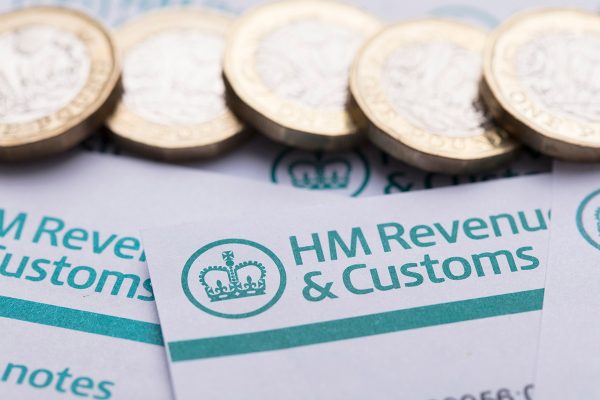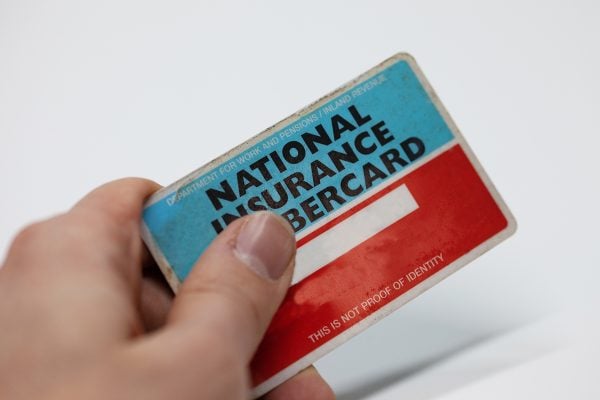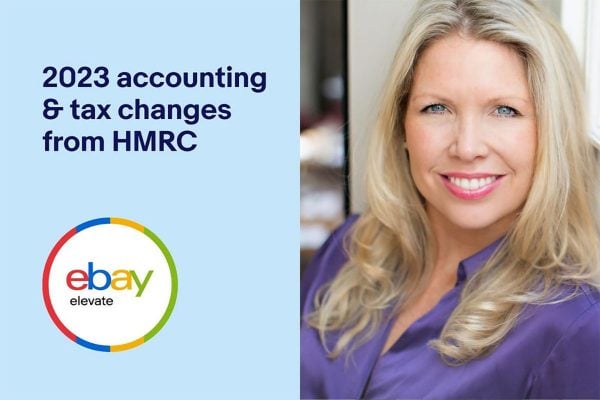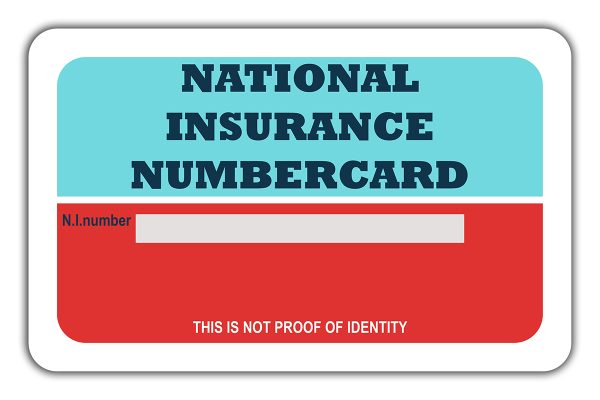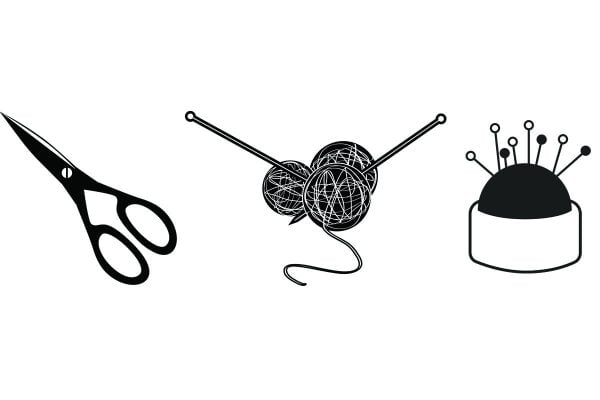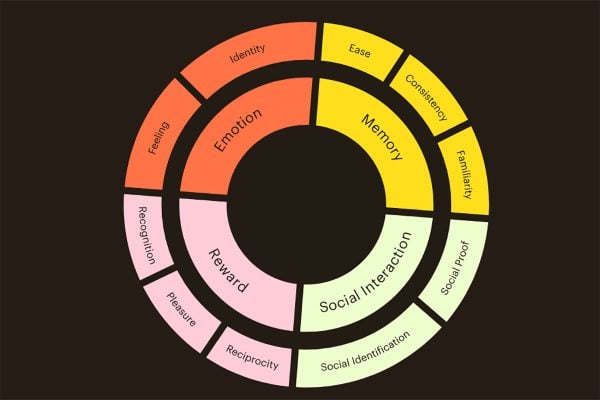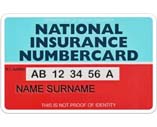 HM Revenue and Customs are planning to simplify the way you pay your National Insurance contributions in 2015. Currently, if you’re self employed, you probably pay Class 2 contributions monthly and Class 4 contributions on your annual tax return.
HM Revenue and Customs are planning to simplify the way you pay your National Insurance contributions in 2015. Currently, if you’re self employed, you probably pay Class 2 contributions monthly and Class 4 contributions on your annual tax return.
It’s also quite possible that you’re also paying Class 1 National Insurance Contributions if you have employed earnings in addition to your self employed income.
The proposed changes are for the self employed to pay their Class 2 contributions on their annual tax return. Seeing as Class 2 contributions are currently only £2.75 per week (£143 per year), you’ll probably not notice that your direct debit has been cancelled and it probably won’t make a huge difference to your annual tax bill unless it’s very small.
As payments for Class 2 payments are routinely collected four months in arrears your direct debit will continue to be collected until July, but you’ll still owe a full year’s contributions when you complete your 2015-2016 tax return.
One unspoken advantage to tax payers who are both employed and self employed, is that it’s quite possible you may overpay National Insurance if your earnings are high enough. National Insurance payments are capped, but you may have one or more employers deducting 12% Class 1 at source and forgetting to account for this when calculating your Class 4 contributions. You should be calculating the point at which your Class 4 contributions drop from 9% to 2% taking into account any Class 1 contributions paid. If that sounds complicated it is! This is when an accountant becomes invaluable in saving you money.
